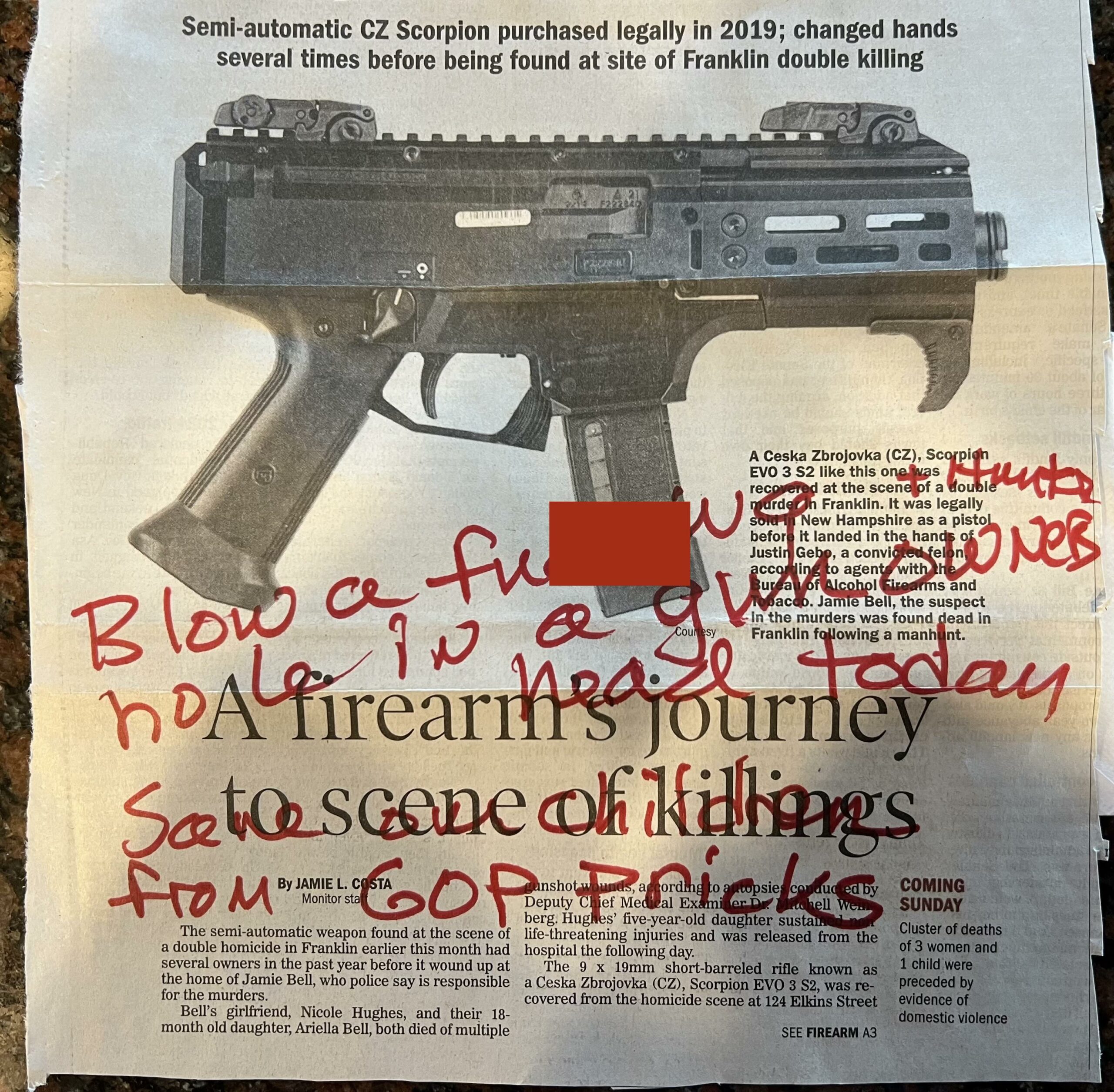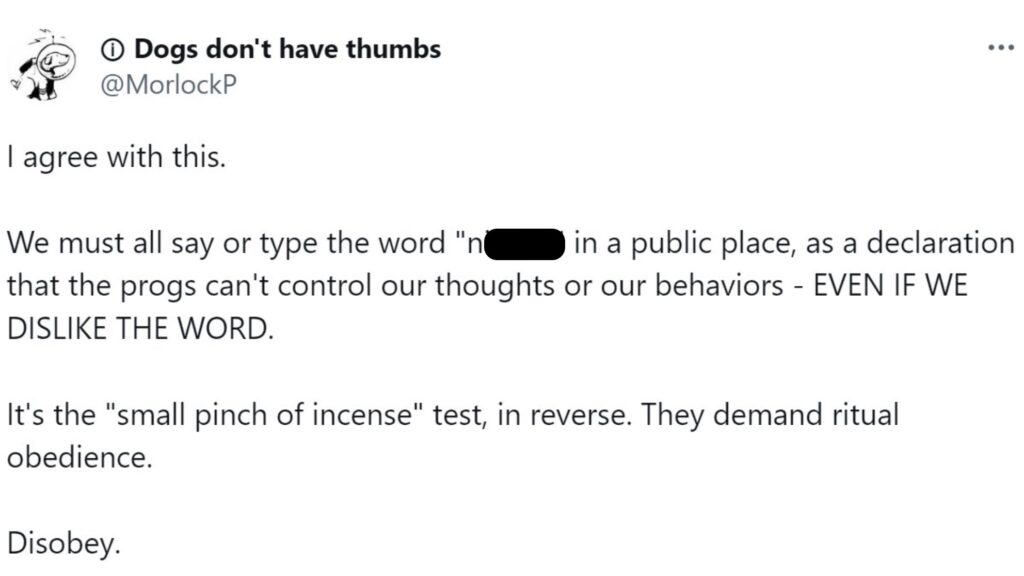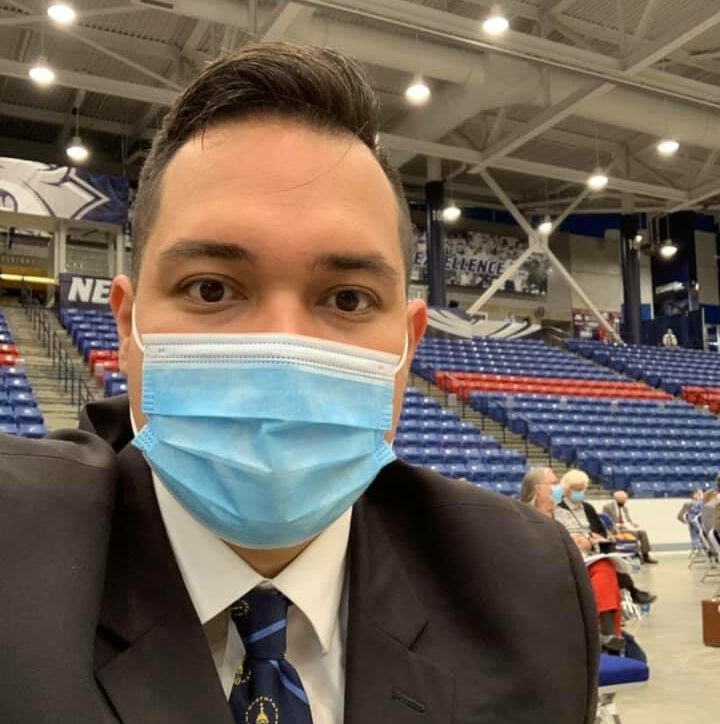NH Republicans Threatened, Cars Keyed at Party Convention in Concord

At least 30 New Hampshire Republicans had their cars keyed, and several more received threatening messages as they participated in last weekend’s GOP biennial convention, part of a trend of rising political violence from the left.
“I didn’t expect this when I ran for representative, but it’s not going to stop me,” said state Rep. Lorie Ball (R-Salem.)
Ball was one of approximately 350 delegates who showed up at Concord High School on Saturday to conduct state party business and participate in the democratic process. Like more than two dozen other delegates, her car was damaged by vandals who appear to have targeted the GOP event.
Di Lothrop, a party delegate and Nashua Republican Party leader is another vandalism victim distraught by the seeming hate behind the targeted strike in Concord. For Lothrop, it’s not the damage to her car but the damage people are exhibiting in their character.
“My husband Chuck and I are delegates. We were parked on the street adjacent to the high school’s main entrance on Warren Street,” she told NHJournal. “After the meeting, when we walked back to our car, my husband immediately noticed that our car had been keyed all along the driver’s side. The car in front of us had been keyed, too, as had several other cars along the same road.
 “It seems as if someone knew there was a Republican event going on at the high school, and this was their chance to tell Republicans they hate us,” Lothrop said. “Divisiveness at its worst!”
“It seems as if someone knew there was a Republican event going on at the high school, and this was their chance to tell Republicans they hate us,” Lothrop said. “Divisiveness at its worst!”
In Ball’s case, the attacks go beyond damaging her car. She has also been subject to harassing and threatening phone calls and messages. In one case, she received a letter with an image of a gun and a handwritten message urging that someone “blow a f***ing hole in a gun owner’s head today. Save our children from GOP pr*cks.” Ball has since contacted police about the gun letter and has been in touch with the FBI about that threat.
And like many of her fellow House Republicans, a letter was sent to Ball’s home in January that referenced a recent vote and called her a “n*gger.”
Another victim of the car vandals, state Rep. Julius Soti (R-Windham), said the political temperature keeps rising in the state, and divisive language keeps ramping up. Soti himself started taking precautions when a liberal group put out a public list recently labeling Republicans and conservatives “extremist,” Soti said.
“I do look around a little bit; I do keep my eyes open,” he said.
The Israel-Hamas war has also inspired political attacks in the Granite State. Anti-Israel protesters have conducted two separate actions at the Elbit Systems facility in Merrimack. In both cases, some participants were arrested and now face charges of vandalism, damaging property, and other alleged crimes.
The progressive activists accused New Hampshire of bigotry in prosecuting those cases and pledged the protests would continue.
“Elbit and New Hampshire’s racist politicians thought they’d scare people with the trumped up charges they brought against the 3 activists that targeted Elbit in NH last November,” they said in a social media post. “They were dead wrong. Our people will never stop shutting this genocidal company down.”
Concord Police are investigating Saturday’s events, though they declined to respond to NHJournal’s requests for comment about the ongoing investigation. Some GOP delegates didn’t notice the damage until after they left the convention. Republican Party leaders are still reaching out, encouraging victims to contact the police.
Jeff Oligny, a former state representative who was a delegate on Saturday, said the party convention is all about volunteers giving their time. Delegates showed up to make changes to the GOP platform in order to do as much good for people in the state as possible, he said.
“It’s really kind of sad that someone would do that to people who are volunteering for the state,” Oligny said.
Lothrop said there are numerous security cameras near the high school, making her optimistic police will find whoever is behind the criminal act. She’s looking forward to her day in court with the suspect.
“I sure as hell hope they caught the person on video,” Lothrop said.
The New Hampshire GOP actively encourages anyone with information to contact the Concord Police Department at (603) 225-8600 and says, on X/Twitter, that they “look forward to bringing the perpetrator(s) to justice.”






